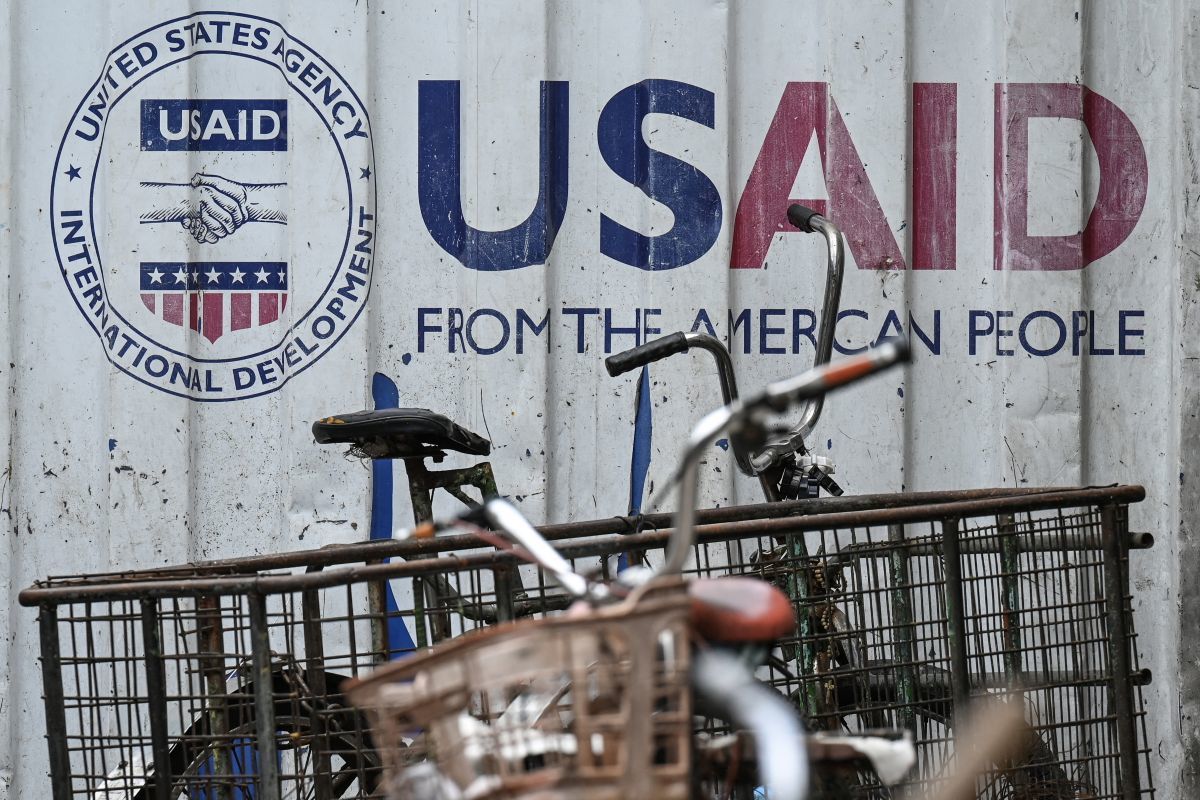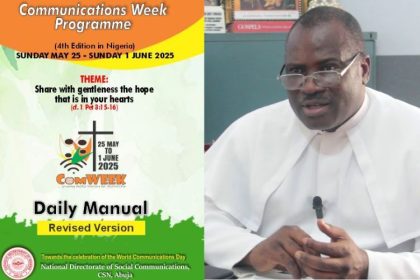
I will never forget the time I witnessed a meeting at the U.S. Embassy in Kabul when the ambassador was screaming at the USAID representative for lying to him about a school they claimed was built on the outskirts of the country. He had personally flown in a helicopter the day before, and the supposed buildings were not erected. There was nothing there.
For those of us who have worked in the federal contracting space, we know that local organizations often receive a very small percentage of allocated funds, in many cases just 10%! The bulk of the funding ends up back in the hands of American for-profit entities and non-governmental organizations to pay exorbitant management and administrative costs, as well as the inflated costs for a whole range of supplies, equipment and transportation overseas.
Originally conceived to advance American foreign policy objectives, support American interests overseas, and provide aid, the United States Agency for International Development (USAID) operations have strayed way beyond this mandate into a multi-billion-dollar behemoth, unbridled by congressional oversight and public accountability.
Calls to shut down USAID by Elon Musk and President Trump paint a picture of an agency riddled with “radical Left lunatics” and agendas that undermine American interests. Critics point to instances of USAID funding projects like electric vehicles in Vietnam, a “transgender clinic” in India, and an LGBTQ workers’ group in Serbia. Further, there are claims that millions of dollars have been funneled to organizations with ties to foreign terrorist organizations, including Hamas and the Taliban.
Now for the first time, USAID will be required to answer for its actions publicly. This increased transparency is crucial to ensure the organization remains accountable to the American taxpayers who fund its operations.
Transparency of USAID’s work is also needed on our own U.S. soil. I remember when I was working as a subcontractor for an authorized VolAgs, shorthand for volunteer agencies, that the State Department specifically tasks as a resettlement agency. I discovered that the resettlement of large numbers of immigrants in the U.S. results in the formation of “resettlement zones,” which are created by the VolAgs. These zones consist of immigrants from the same country being placed in one geographical area, often in substandard housing due to their lack of credit history. As a result, they are surrounded by people who speak their native language, which hinders their ability to learn English.
Moreover, the immigrants receive insufficient financial aid, forcing them into abject poverty or a life of crime in order to survive. One young Afghan man, who was receiving treatment for PTSD caused by his experiences in Afghanistan, sustained life-threatening injuries during a mugging while walking home from the grocery store. He told our counselor that he would rather return to Afghanistan and face death from the Taliban than remain in the U.S. under such dangerous and impoverished circumstances facilitated by the authorized resettlement agency.
Regardless of whether the USAID is folded into the State Department entirely or is reorganized into a new agency, questions remain about the legitimacy of our efforts.
Americans generally believed in the stated goal of being charitable to impoverished nations and supporting democratic principles. Exposing all this corruption has shattered that illusion. So, if our goal was not ultimately benevolence, then how can we justify our actions? The general public has become aware that a taxpayer-funded entity did terrible things, such as funding the Wuhan Lab or lobbying to censor free speech in Europe to decrease the success of populism. We toppled governments because they did not support our ideals. It is a labyrinth of lies.
Consider the example of Bangladesh. Prime Minister Sheikh Hasina, who governed the country from 2009-2024, accused the U.S. of orchestrating a coup because she refused to support a U.S. naval base in the country. In leaked documents, we find that a USAID-supported NGO, the International Republican Institute (IRI), explicitly stated its goal of trying to destabilize the government by supporting pro-democracy activists who could be exploited to prop up the political alternative. Part of that plan was to include the LGBT community, student groups, and ethnic minorities.
They took U.S. funds from the State Department and USAID to fundBangladeshirap groups, sow resentment in the government, and reduce its popularity with the people. It was not just a haphazard effort to empower groups supported by Left-leaning ideologues. It was done intentionally to undermine a political regime.
This is not the first time the U.S. government has deployed the tactic of destabilizing an unfriendly regime to further U.S. interests. One of the most notable instances of U.S. intervention occurred in Iran in 1953 when the CIA orchestrated a coup to overthrow Prime Minister Mohammad Mossadegh after he nationalized the Iranian oil industry, threatening Western economic interests.
In 1953, the CIA staged a coup in Iran to remove Prime Minister Mohammad Mossadegh from power, a notable example of U.S. intervention. Mossadegh’s decision to nationalize the Iranian oil industry threatened Western economic interests, prompting the U.S. response. The success of this operation installed the Shah of Iran, a US-backed monarch who ruled with an iron fist. While this initially strengthened U.S. influence in the region and ensured access to Iranian oil, it also sowed deep resentment among the Iranian people. This resentment eventually culminated in the 1979 Iranian Revolution, which ousted the Shah and established the Islamic Republic. We are still reeling from the negative consequences of that intervention.
The lessons of history tell us that undermining a democratically elected government to advance U.S. interests does not ultimately lead to positive outcomes. We tried that in Iran and, more recently, in Afghanistan and Iraq. We did it with al Qaeda and Bin Laden to stop communism. None of them were successful, and many lives were lost in the process.
As a Christian, I don’t believe the ends justify the means. Empowering groups and activists who don’t share our values under the theory that “the enemy of my enemy is my friend” is not true. It is just a different enemy.
Destroying the social fabric of other countries while claiming moral superiority is hypocrisy. This aid controversy highlights the need for a national conversation about the U.S. government’s ethical behavior on behalf of its citizens. If such social engineering is acceptable abroad, we should not be surprised when we see similar tactics used domestically.
Biden declared populism a threat to democracy, so the social media censorship and disinformation campaigns internationally ended up censoring free speech here in the U.S. The reverberations of that policy were worldwide.
Effective management of our soft power should prioritize global stability and economic growth while adhering to our core biblical principles. This approach ensures that these principles serve as a guiding framework for both our nation and the international community. “Learn to do good; seek justice, correct oppression; bring justice to the fatherless, plead the widow’s cause,” Isaiah 1:17.
Hedieh Mirahmadi was a devout Muslim for two decades working in the field of national security before she experienced the redemptive power of Jesus Christ. She dedicates herself full-time to Resurrect Ministry, an online resource that harnesses the power of the Internet to make salvation through Christ available to people of all nations, and her podcast LivingFearlessDevotional.com. She is the author of the International Bestselling book”Living Fearless in Christ-Why I left Islam to Win Battles for the Kingdom.”




